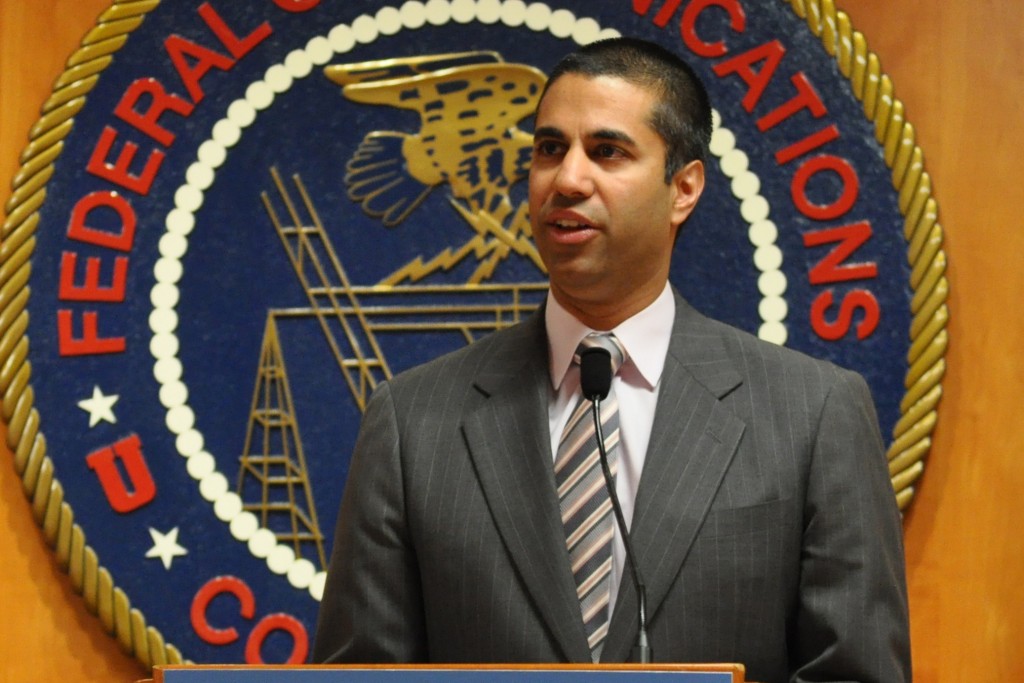
Photo courtesy of Federal Communications Commission, Wikipedia
On Nov. 21 the Federal Communications Commission (FCC) released plans to dismantle rules regarding net neutrality, which prohibits Internet Service Providers (ISP) from blocking, slowing down or charging more for the delivery of certain internet content of their choosing. It is feared that with these changes the public at large will face higher prices for more limited services as well as give ISPs power to influence the market by providing and prohibiting access to certain sites based on their measure of profitability to the individual ISP itself. Not too worried, Trump-appointed FCC commissioner Ajit Pai quickly to reassured that in its place, “the F.C.C. would simply require internet service providers to be transparent about their practices so that consumers can buy the service plan that’s best for them.”
To break down this euphemism used by Mr. Pai, transparency in this case means doing nothing. Given that four companies make up the vast bulk of the ISP industry, including Comcast, Time Warner, AT&T and Verizon, citizens will have very little choice regarding their ISP. However we should be realistic regarding the FCC’s attempt to do away with net neutrality. Government agencies are not free to abruptly reverse longstanding rules on which many have relied on without a good reason. A federal agency must “examine the relevant data and articulate a satisfactory explanation for its action,” according to the Supreme Court in Encino Motorcars v. Navarro.
Given that the ISP industry has been enjoying years of healthy profits in light of a regulatory concept that was established in 2004 and strengthened during the Obama Administration accompanied by much public support, the legal case for Commissioner Pai’s proposal is dubious at best and likely to be thwarted in the courts. Nevertheless, this does set a precedent for the FCC goal under the Trump Administration, to rollback basic public protections at the behest of regional ISP monopolies hoping to squeeze a little more profits from citizens that they already have in a chokehold.
Many wonder what can be done about this. Certainly continuing to rally around net neutrality is politically useful for the moment. However, that is not all the public should strive for. The net neutrality regulatory scheme is firmly within the liberal antitrust tradition; big companies are the problem to be addressed and that markets will generate socially beneficial outcomes.
Unfortunately, competition is an imperfect tool for building a better internet. While making major ISPs compete for the first time in forever could reduce consumer costs, it is contrasted by the fact that the internet requires a lot of infrastructure to run, and the barriers of entry are likely to remain high for new ISPs. Economies of scale produce real efficiencies, especially when it comes to a largely distributed and complex system like the internet. For example, people wouldn’t really benefit from 12 Facebooks as opposed to one. Facebook’s monopoly is precisely what makes it useful—scattering users across twelve Facebooks would defeat the purpose of the platform. Perhaps some rethinking of regulatory schemes is in order to ensure effective internet use with ease of access for all.
dirons@ramapo.edu





